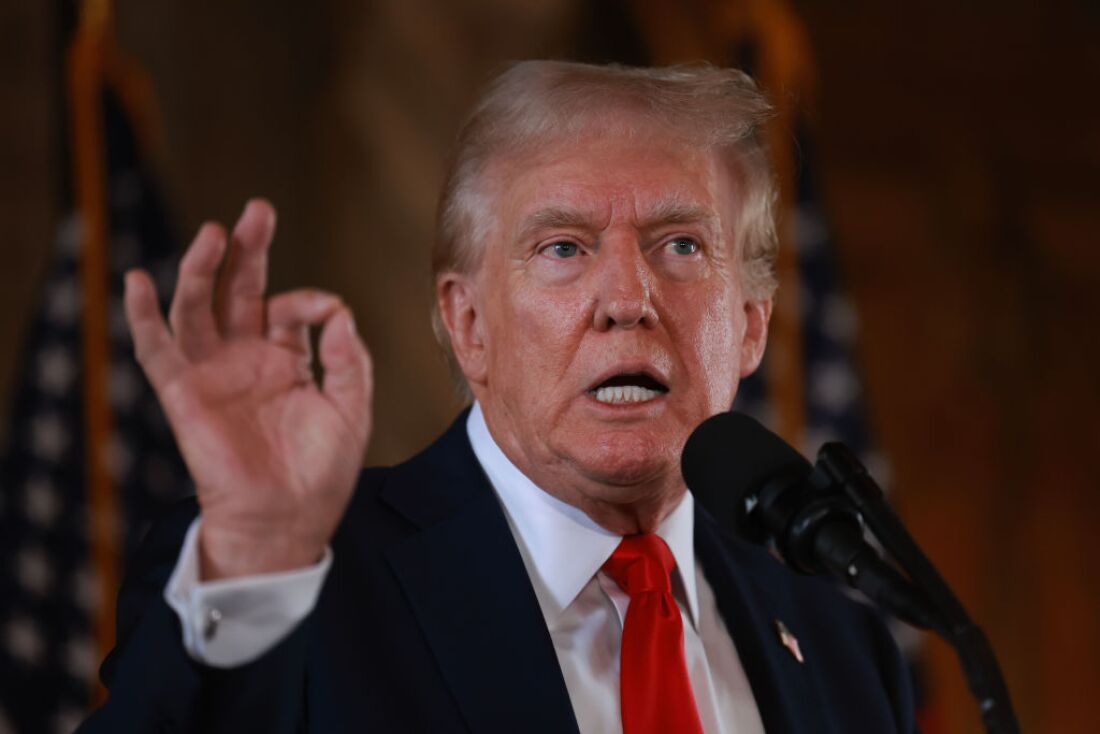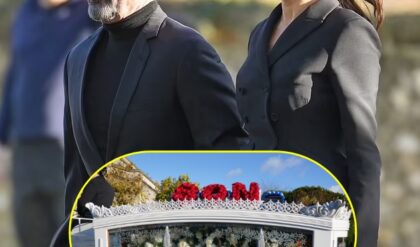In recent developments surrounding Donald Trump and the events of January 6, a planned gala fundraiser at his Bedminster estate has been postponed. The event, originally set to honor and raise money for January 6 defendants, was supposed to feature notable figures like Rudy Giuliani and Peter Navarro. However, the gala’s cancellation has been attributed to “safety and security concerns,” a curious justification given the event’s intention to celebrate individuals convicted of violent crimes related to the insurrection.

Among those highlighted for their involvement was Ronald Colton Makabe, a former sheriff’s deputy now serving a lengthy prison sentence for assaulting law enforcement during the Capitol riots. His wife, Sarah Makabe, was set to co-host the event, aiming to support those implicated in the insurrection. This connection raises serious ethical questions about the individuals being celebrated and the actions they took during a critical moment in American democracy.
The gala’s website promoted it as a night to honor the “Justice for All” anthem, a controversial song associated with the insurrection. With claims that the song had quickly gone platinum, the event seemed poised to gather support from a niche audience celebrating the very actions that led to widespread condemnation and legal repercussions for many involved.

As Trump faces mounting legal challenges, including ongoing court appearances related to various indictments, the optics of hosting a gala for insurrectionists became increasingly problematic. With a presidential debate approaching, the juxtaposition of a fundraiser for convicted criminals against the backdrop of a national political stage could prove detrimental to his campaign. It appears that the decision to cancel may stem from a realization of the negative attention such an event could attract at a time when he is striving to bolster his public image and maintain support from law enforcement.
Furthermore, Trump’s connection to the January 6 events, particularly through figures like Makabe, underscores the ongoing debate about accountability and the normalization of violence in political discourse. With many of the defendants described as among the most violent actors during the insurrection, the implications of supporting them raise critical questions about the future of American democracy and the rule of law.
This situation serves as a reminder of the complexities surrounding Trump’s legacy and the ongoing struggle to reconcile his actions and those of his supporters with the principles of democracy. As the political landscape continues to evolve, the repercussions of the January 6 insurrection will remain a focal point, influencing both public opinion and future electoral outcomes. The postponement of the gala may represent a strategic retreat, but the underlying issues it highlights are far from resolved.
Ultimately, the broader implications of such events extend beyond individual legal troubles. They speak to a national reckoning with the past and the choices that will shape the future. The continued discourse surrounding January 6 and its participants will likely resonate well into the upcoming elections, serving as a litmus test for America’s commitment to democratic values and accountability.





